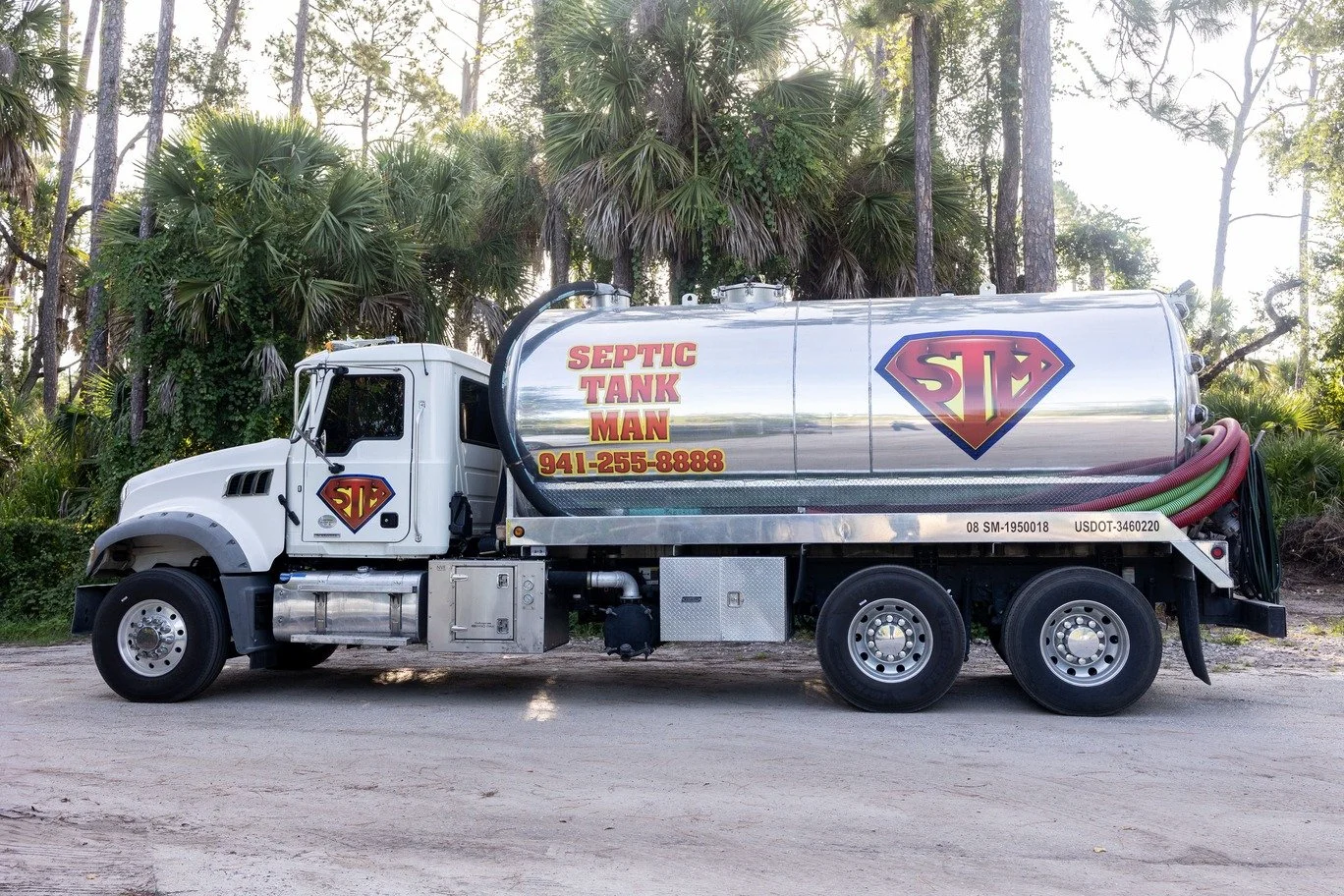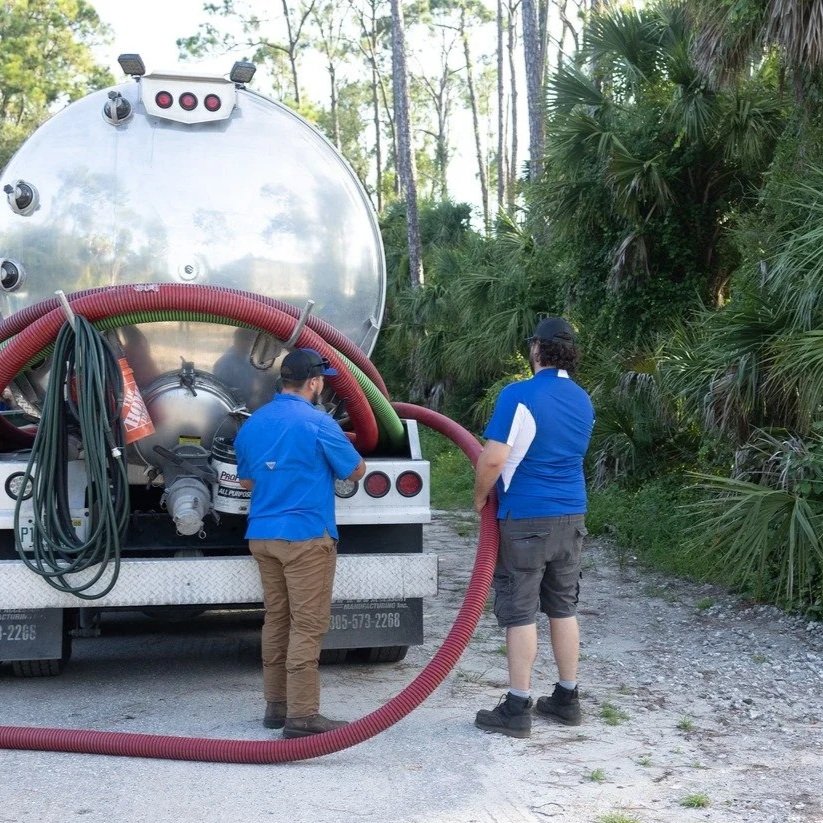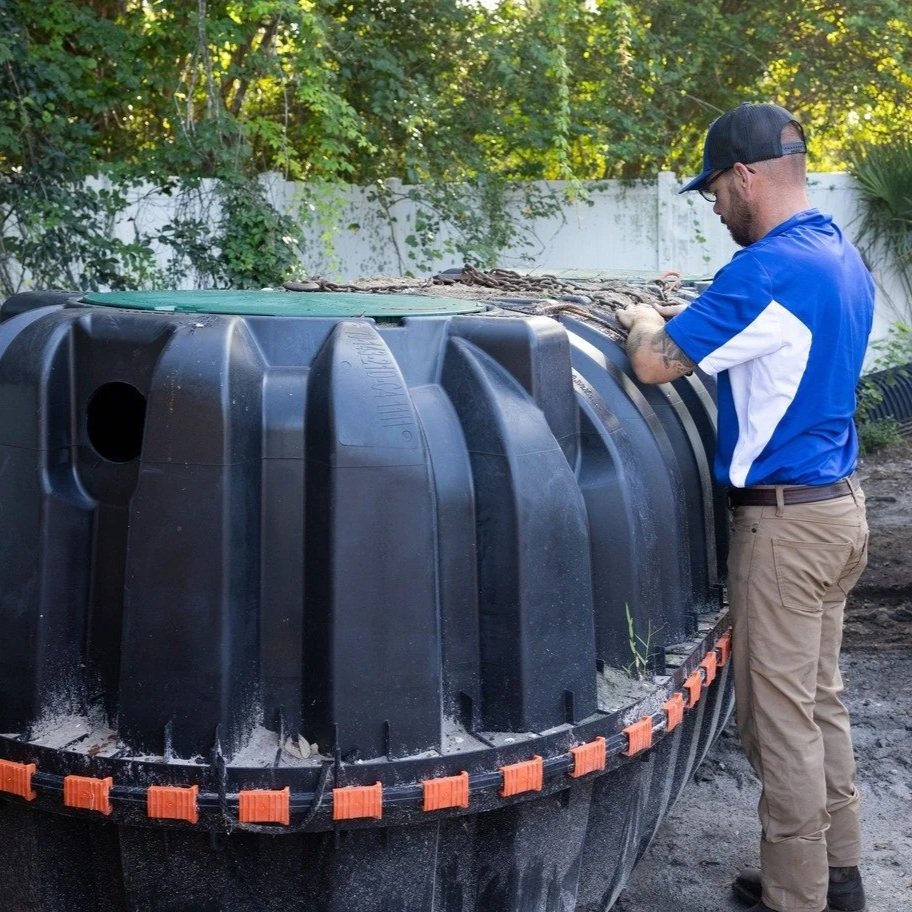
Our Blog
Commercial Septic Tank Services Compared: Common Issues Vs. Pro Fixes
Professional septic tank services bring the expertise and equipment required to handle larger systems, complex layouts, and stricter regulations.
Septic Drain Field Replacement Costs Vs. Long-Term Savings
Over time, soil becomes compacted and less able to absorb water efficiently.
Pump Chamber Installation Explained: Design And Maintenance Tips
When a home sits on uneven ground, the drain field is uphill, or soil conditions demand a specialized design, a pump chamber steps in.
Routine Septic Inspections: Seasonal Tips That Prevent Big Repairs
From foul odors to soggy yards, septic system problems have a way of making their presence known in an unpleasant fashion.
Septic Inspections For Sales: Stop Last-Minute Surprises
One of the most overlooked details in real estate transactions is the septic system.
New Septic Tank And Drain Field Setup: A Step-By-Step Homeowner Guide
Beyond convenience, septic systems protect groundwater, keep yards safe from contamination, and maintain property value.
Distribution Box Replacement Misconceptions That Homeowners Believe
Despite its importance, myths about distribution box replacement cause confusion, delays, and unnecessary expense.
Trench System Repair: How Professionals Revive Failing Drainage
That’s when professional septic drain field services take center stage, utilizing their expertise to restore the system to balance.
Homeowner Septic Inspections Made Simple: What Inspectors Really Look For
Homeowners who understand what inspectors really look for gain confidence in how their systems work and appreciate why inspections are not just routine but essential.
Complete Septic System Installation: Process, Permits, And Pitfalls
Professional septic system installation is more than placing a tank underground.
The Scoop On Septic Tank Pump Outs: How Often And Why It Matters
Septic tank services keep this process on track by pumping out solids before they cause backups or blockages.
Emergency Septic Tank Pumping 101: How The Pros Handle Crisis Calls
Quick action stops contamination from spreading and restores order to a home that has suddenly been thrown into chaos.
Septic Tank Maintenance Myths That Could Cost You A Fortune
Professional septic tank services treat pumping as preventive care, protecting both the system and the property value.
Lift Station Installation Trends: Residential Vs. Commercial Needs
When sewage needs to move uphill or across long stretches of land, gravity taps out and a lift station steps in.
Residential Septic System Installs: Comparing Designs For Modern Homes
Professional installers act as guides through this maze of choices, translating soil science and code requirements into practical recommendations that work for the long term.
Real Estate Septic Inspections: Common Issues Buyers Overlook
Professional real estate and inspection services provide the clarity buyers need to make wise decisions.
Septic Drain Field Repair Vs. Replacement: Which Fix Is Right?
Professional septic drain field services help homeowners make informed decisions about these choices.
Why Timely Septic Pump Outs Keep Port Charlotte Homes Safe From Smelly Surprises
Professional septic tank services help maintain the system's balance and extend its lifespan.


















